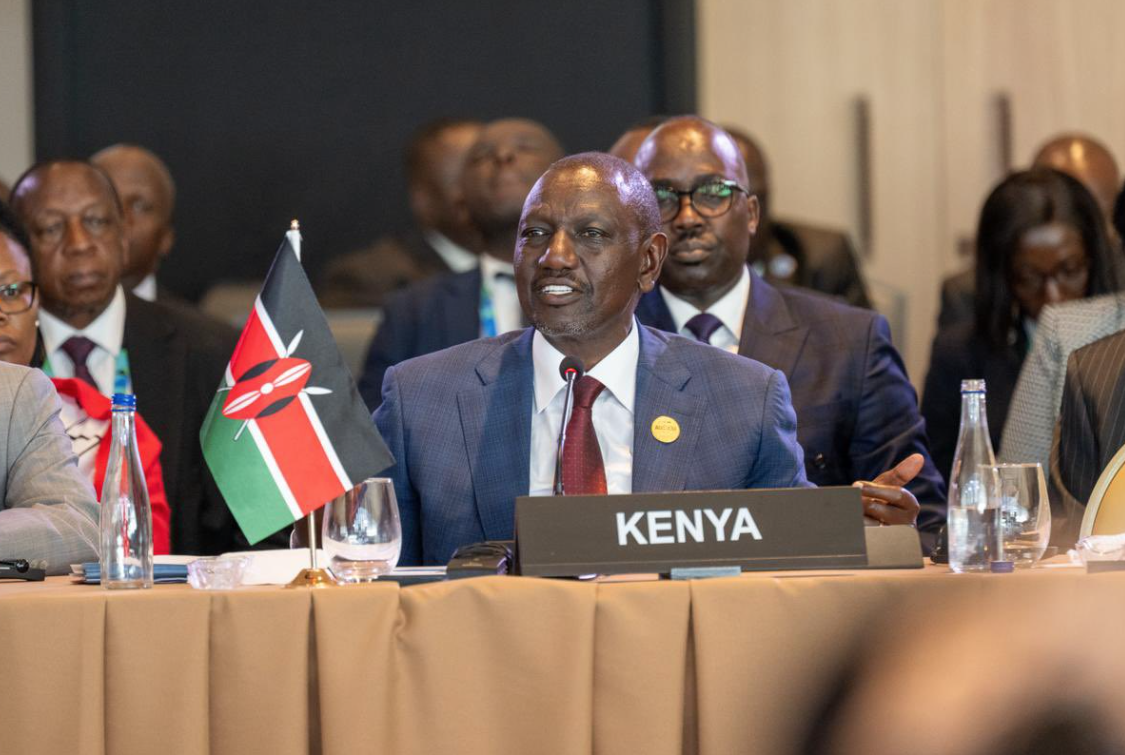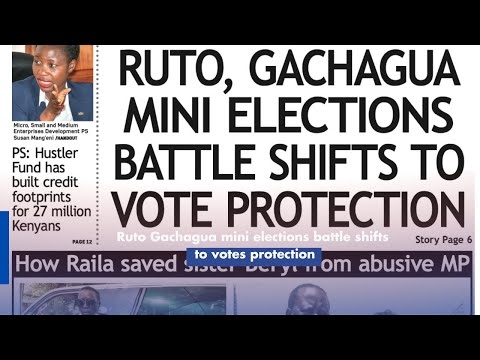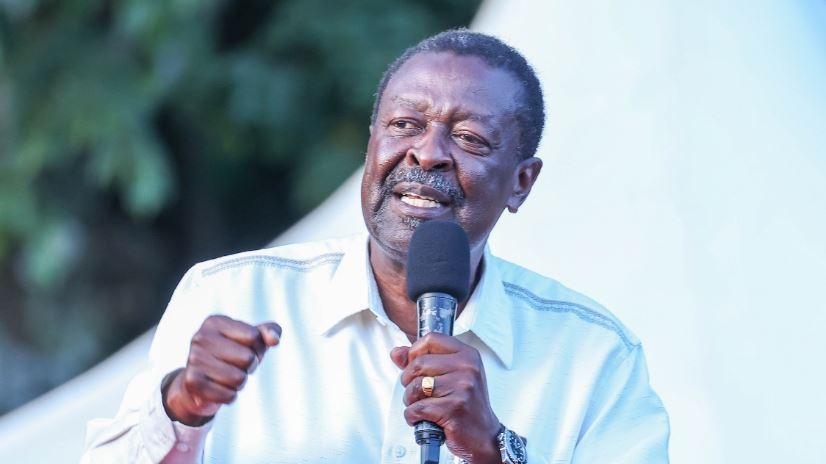
 President William Ruto speaks during the African Union Summit of Heads of State and Government in Luanda, Angola/PCS
President William Ruto speaks during the African Union Summit of Heads of State and Government in Luanda, Angola/PCSA proposal to significantly increase the African Union (AU) Peace Fund from the current US$400 million (Sh51 billion) to US$1 billion (Sh129 billion) has been presented to the Summit of Heads of State and Government in Luanda, Angola.
The recommendation is part of a comprehensive AU Institutional Reform Report delivered by President William Ruto, who chairs the reform agenda.
In his address, Ruto said the expansion of the Peace Fund—together with diversification of contributions and deeper engagement with African financial institutions and private sector partners—would provide the AU with a more predictable and sustainable financing model for its peace and security operations.
“The implication is a more predictable, credible and sustainably financed peace and security system,” Ruto told the summit.
He said Africa must increase its self-reliance in managing conflicts and stabilization efforts across the continent.
A central recommendation in the report is the merging of the African Peace and Security Architecture (APSA) with the African Governance Architecture (AGA).
According to Ruto, the move aims to eliminate institutional silos and create a unified framework capable of addressing governance deficits and security threats simultaneously.
“This will eliminate institutional silos, strengthen coherence, and ensure that governance deficits and security challenges are addressed together. An independent panel and a Joint Task Force are proposed to develop the merged framework,” he said.
He added that a unified structure would improve Africa’s ability to prevent conflicts, manage crises, and reinforce adherence to AU norms, including the reaffirmation of the African Peer Review Mechanism (APRM) as the primary governance-monitoring tool.
The report also calls for stricter compliance with Peace and Security Council (PSC) decisions and membership standards.
On strengthening Africa’s security capabilities, the report proposes expediting the strategic review of the African Standby Force (ASF), establishing a Rapid Response Component, and creating a dedicated Counter-Terrorism Brigade.
An 11-member expert committee is recommended to craft a roadmap that will guide the full operationalisation of the ASF Headquarters.
“These measures will ensure more rapid and decisive
continental responses to emerging security threats and terrorist violence,”
Ruto explained.
The report further seeks to enhance the linkage between Early Warning and Early Response systems.
It recommends the adoption of Early Action Protocols with clearly defined triggers and timelines, as well as monthly briefings from the Continental Early Warning System to the PSC, Permanent Representatives’ Committee (PRC), ministerial bodies and the AU Assembly.
“The objective is to ensure that we transform early warning into predictable early action and reduce the escalation of preventable crises,” Ruto said.
On the AU’s flagship agenda of Silencing the Guns, the report proposes an update to the Lusaka Master Roadmap and the introduction of a five-year review cycle to make the framework more adaptive and realistic in addressing current conflicts and future risks.
Additionally, the reforms call for stronger norms against
unconstitutional changes of government.
This includes rigorous enforcement of sanctions, enhanced use of the AU Chairperson’s good offices, and support for expedited transitions to restore constitutional order.
Ruto emphasised that these measures would help deter violations, stabilise affected nations, and reinforce democratic governance across the continent.














![[PHOTOS] Family, friends receive body of Raila’s sister, Beryl](/_next/image?url=https%3A%2F%2Fcdn.radioafrica.digital%2Fimage%2F2025%2F11%2Fdfe6a9bf-ede1-47a4-bdc0-4f564edb03dd.jpeg&w=3840&q=100)

